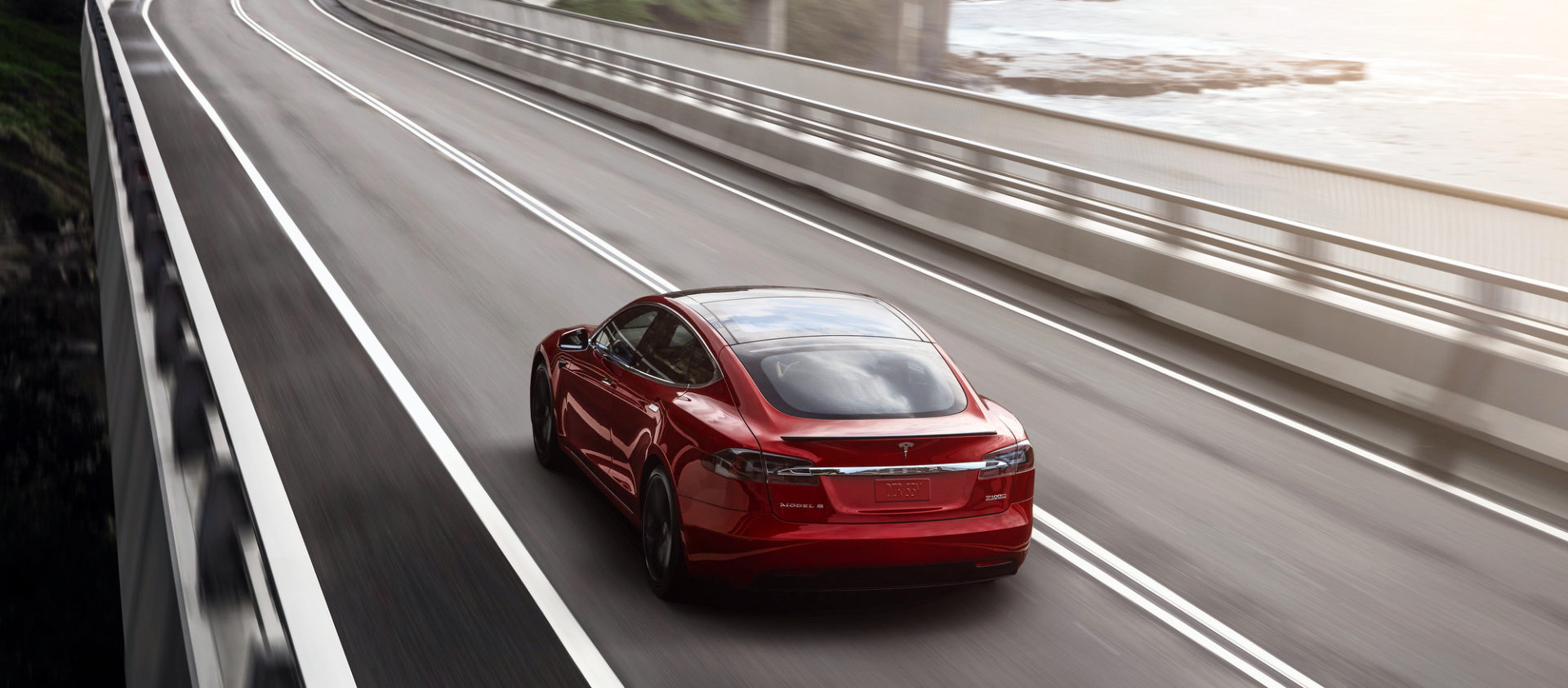Oil Consumption Peaks for World’s #3 Consumer
Only the USA and China consume more oil than California,” observes Jim Boyd, CEC. With oil prices soaring, California must reduce its dependency on oil to sustain prosperity and achieve energy security. As 38 million Californians deploy a range of solutions to reducing oil usage, the world will learn valuable lessons. In 2006, California consumption of gasoline peaked. In California, more people are driving fewer miles; importantly, fewer solo miles. More efficient vehicles are being used, often benefiting from hybrid-electric drive systems. As an alternative to oil, there is a growing use of biofuel, natural gas, hydrogen and renewable electricity.


